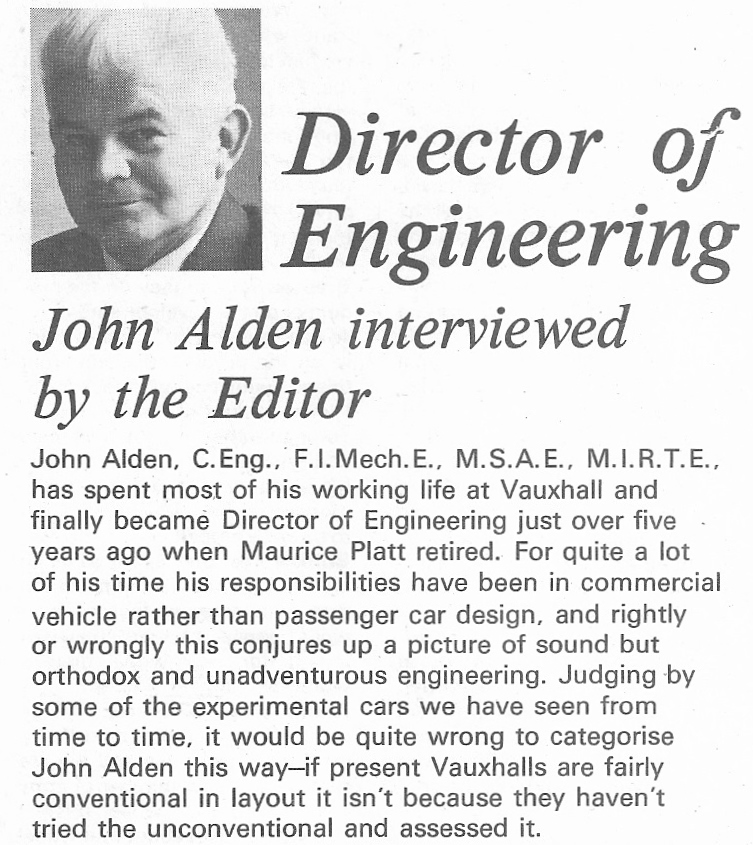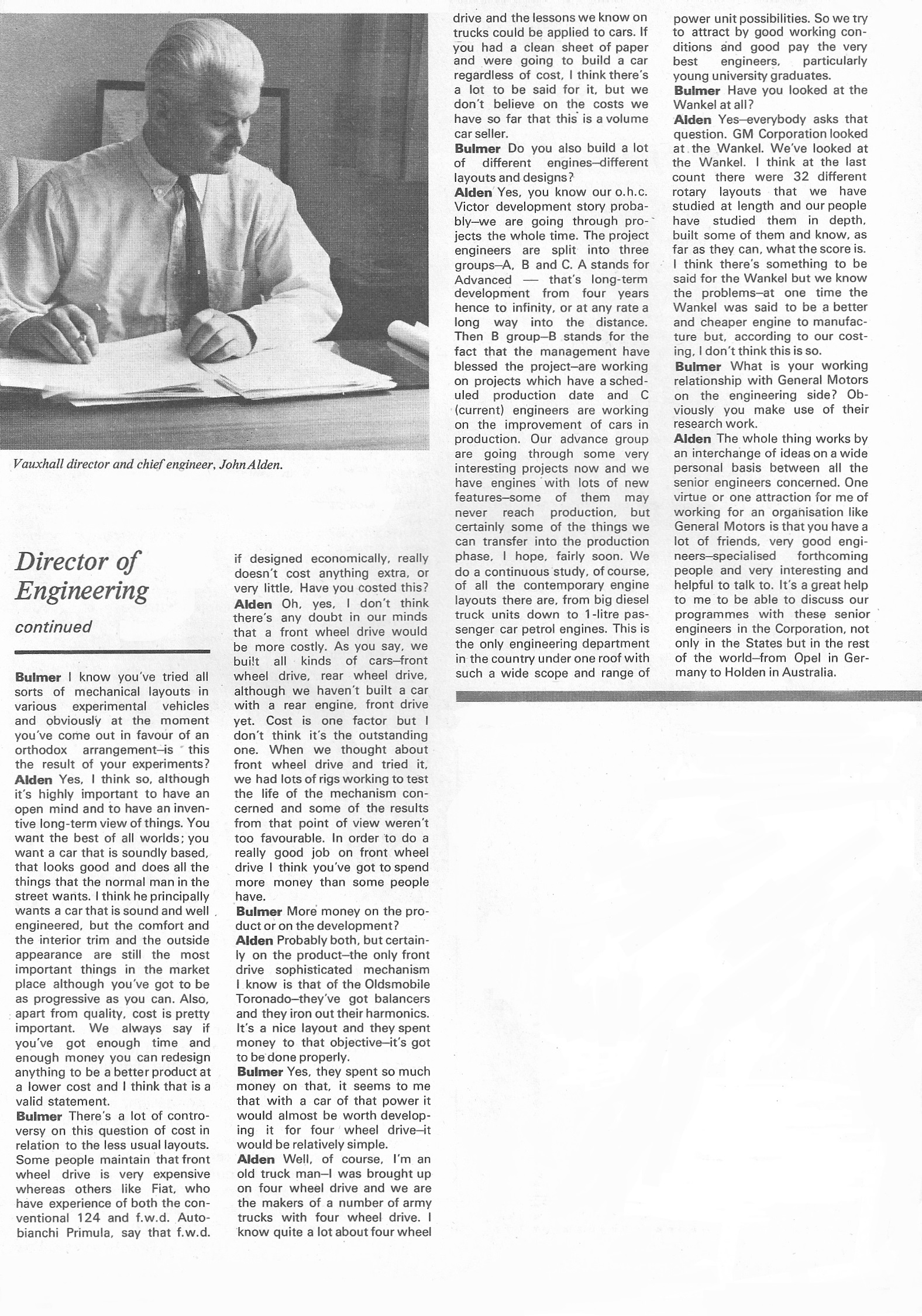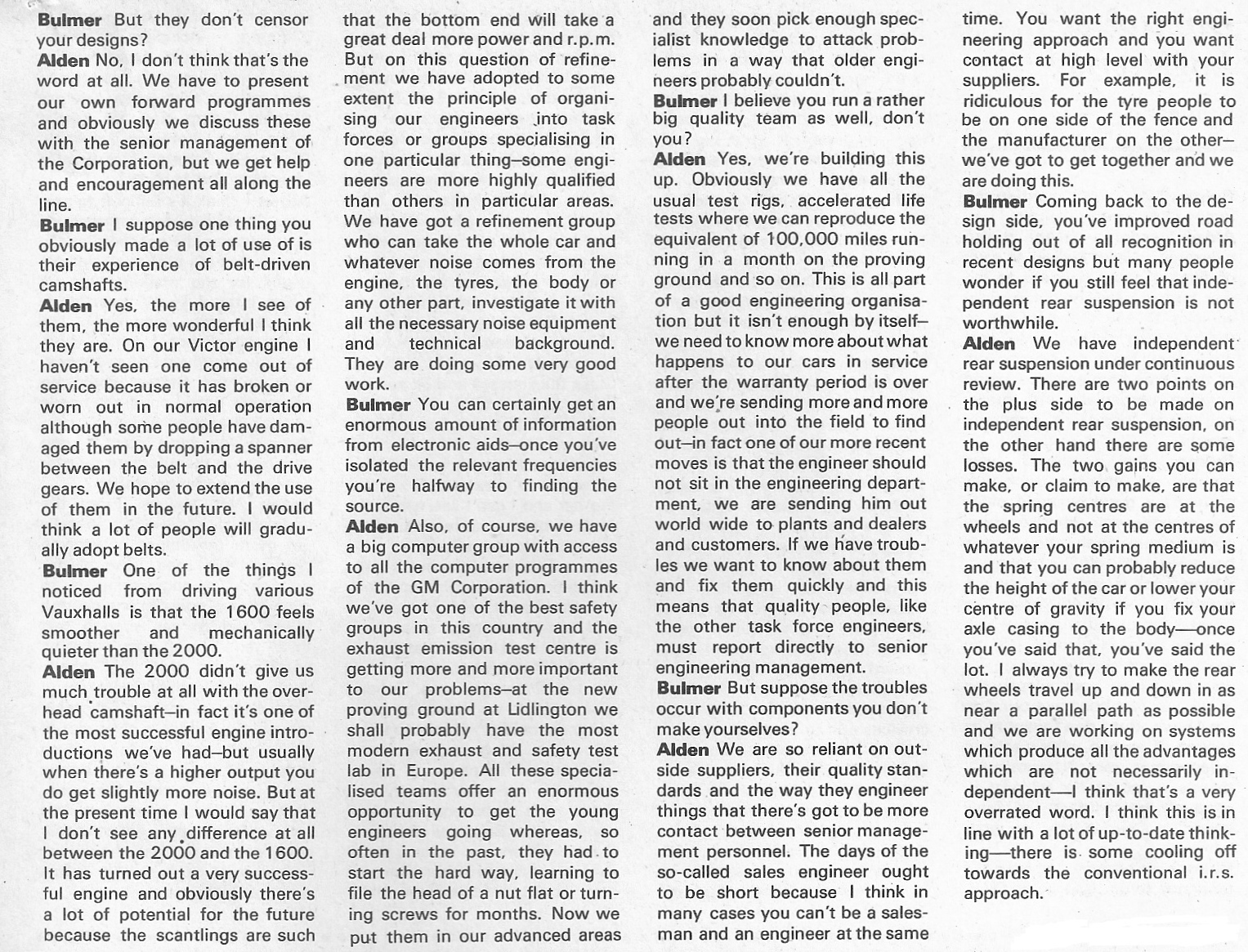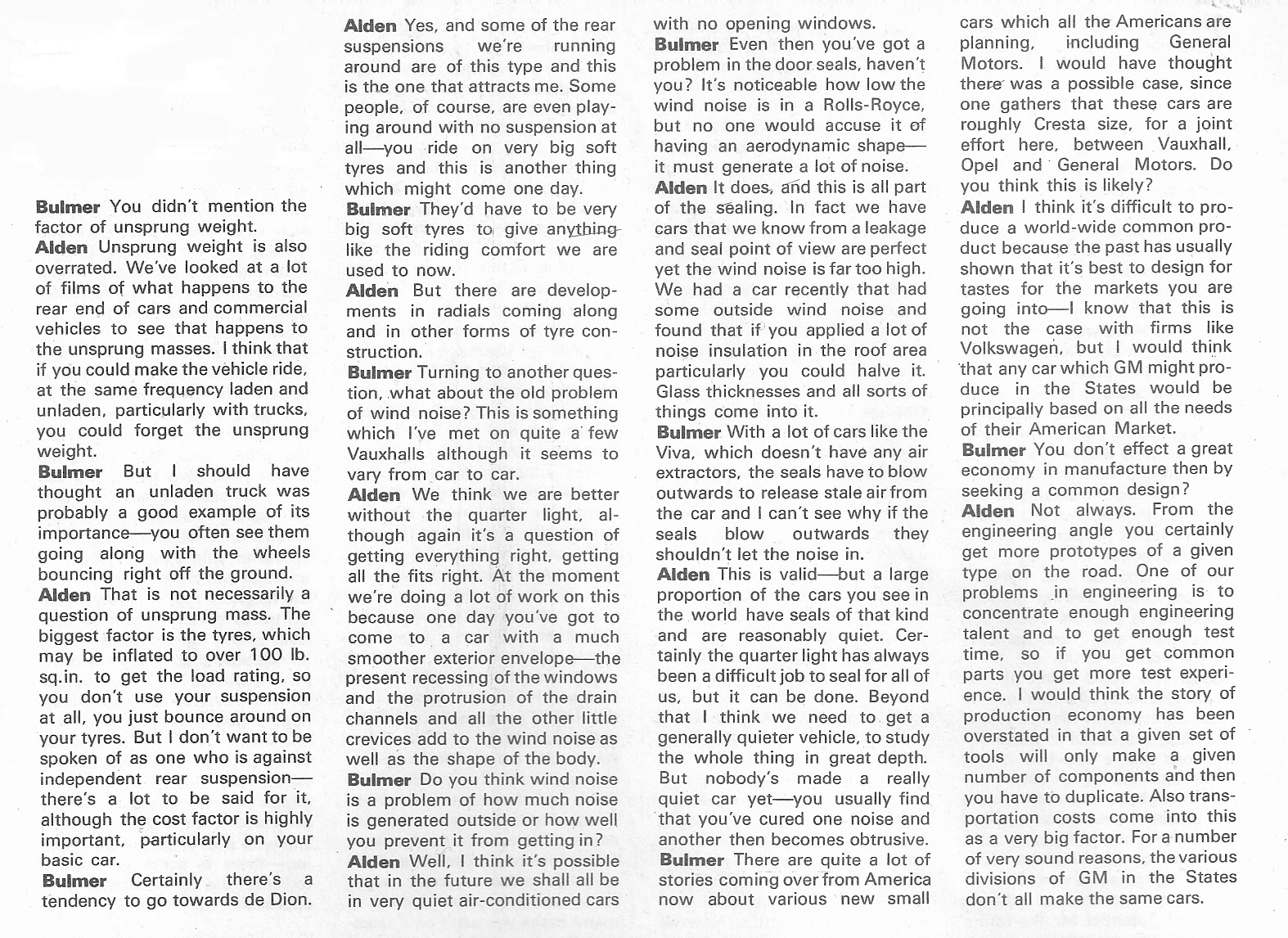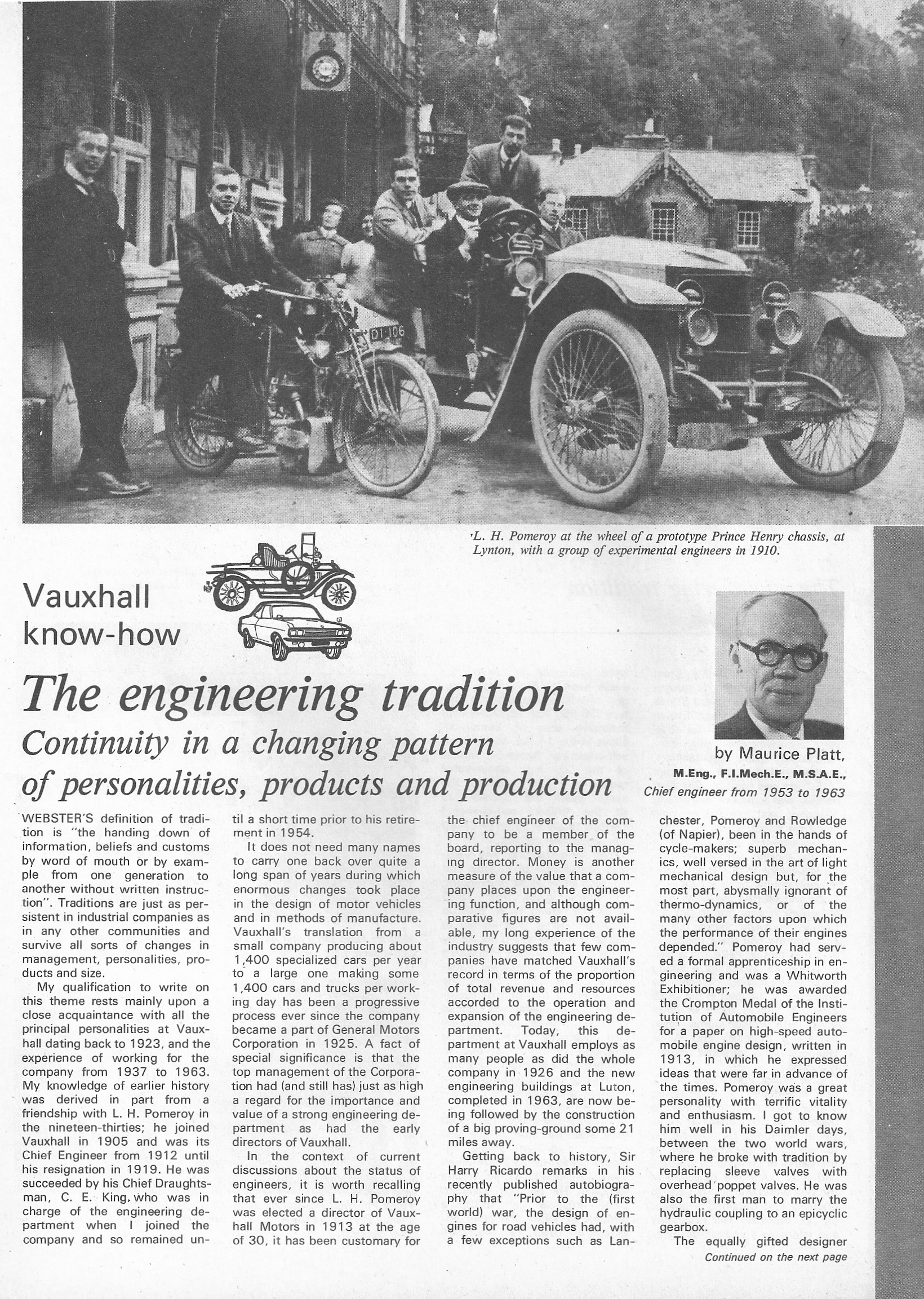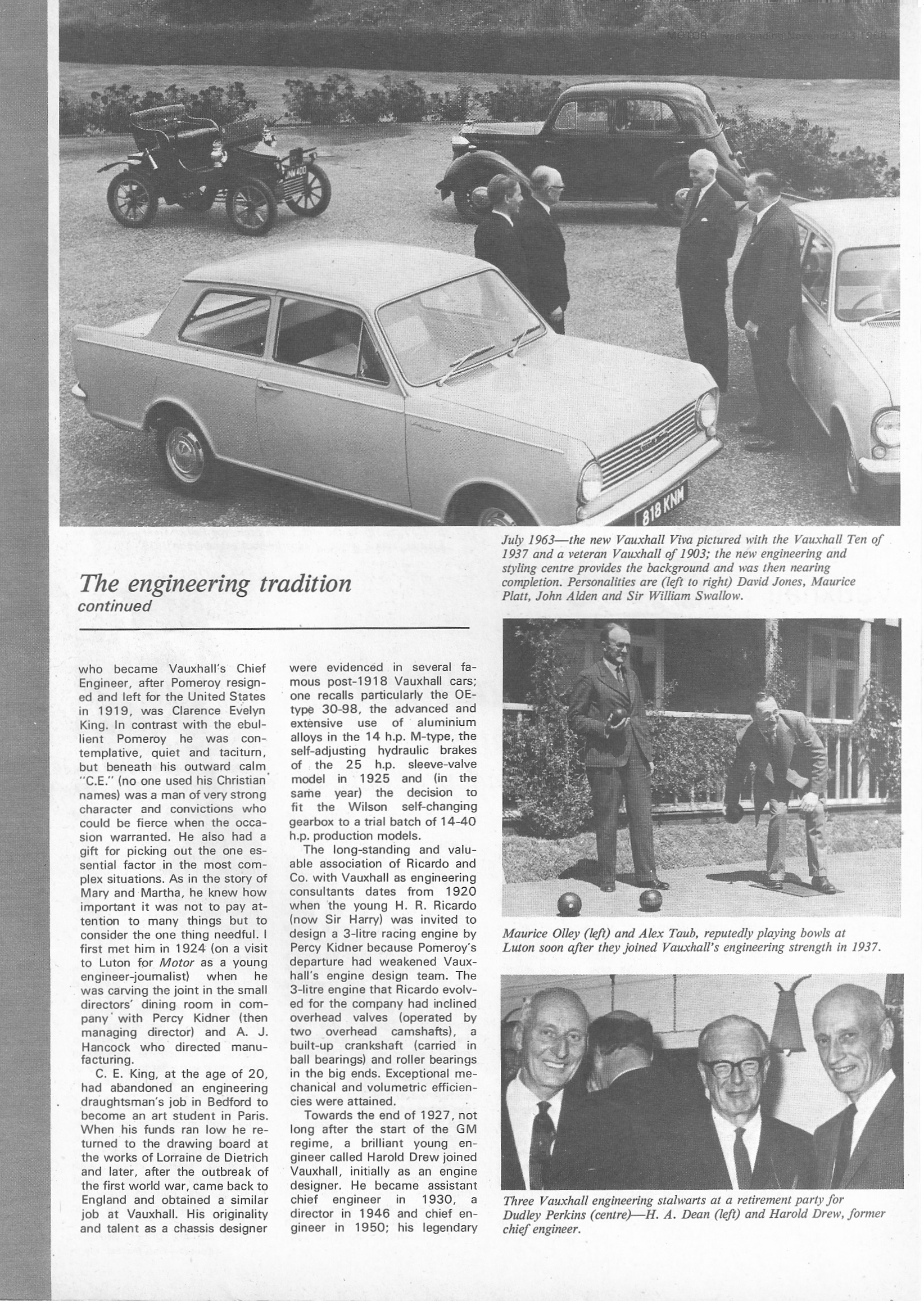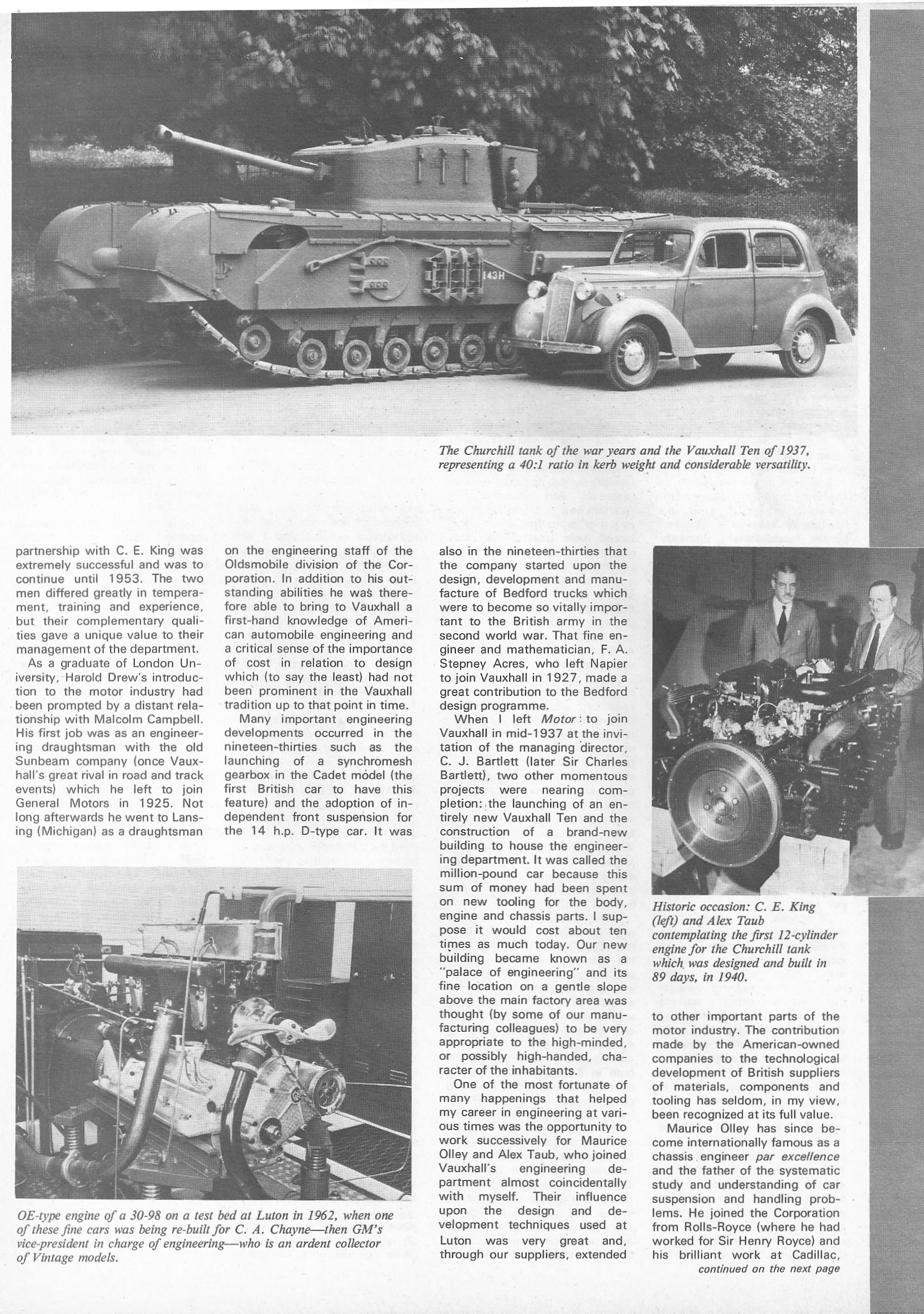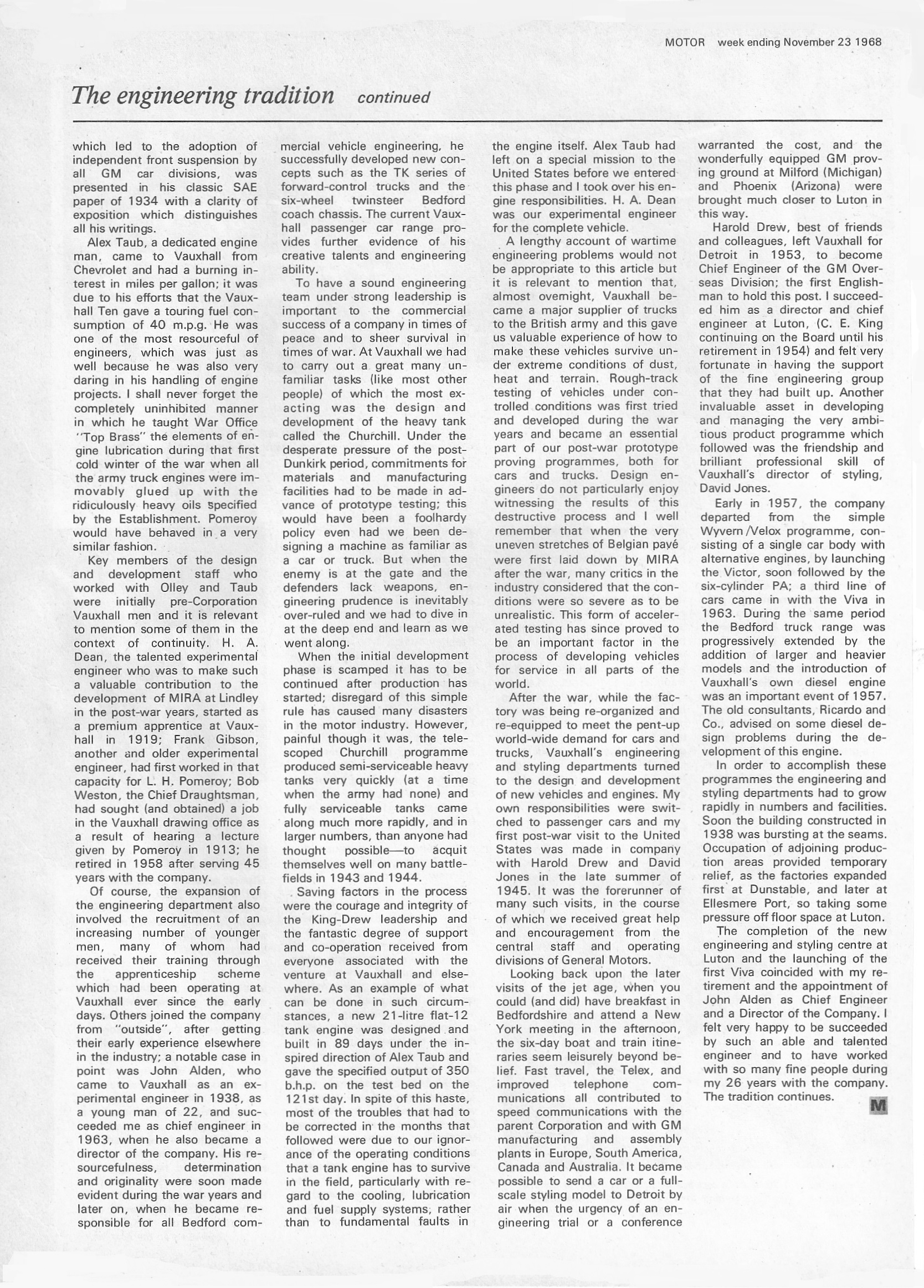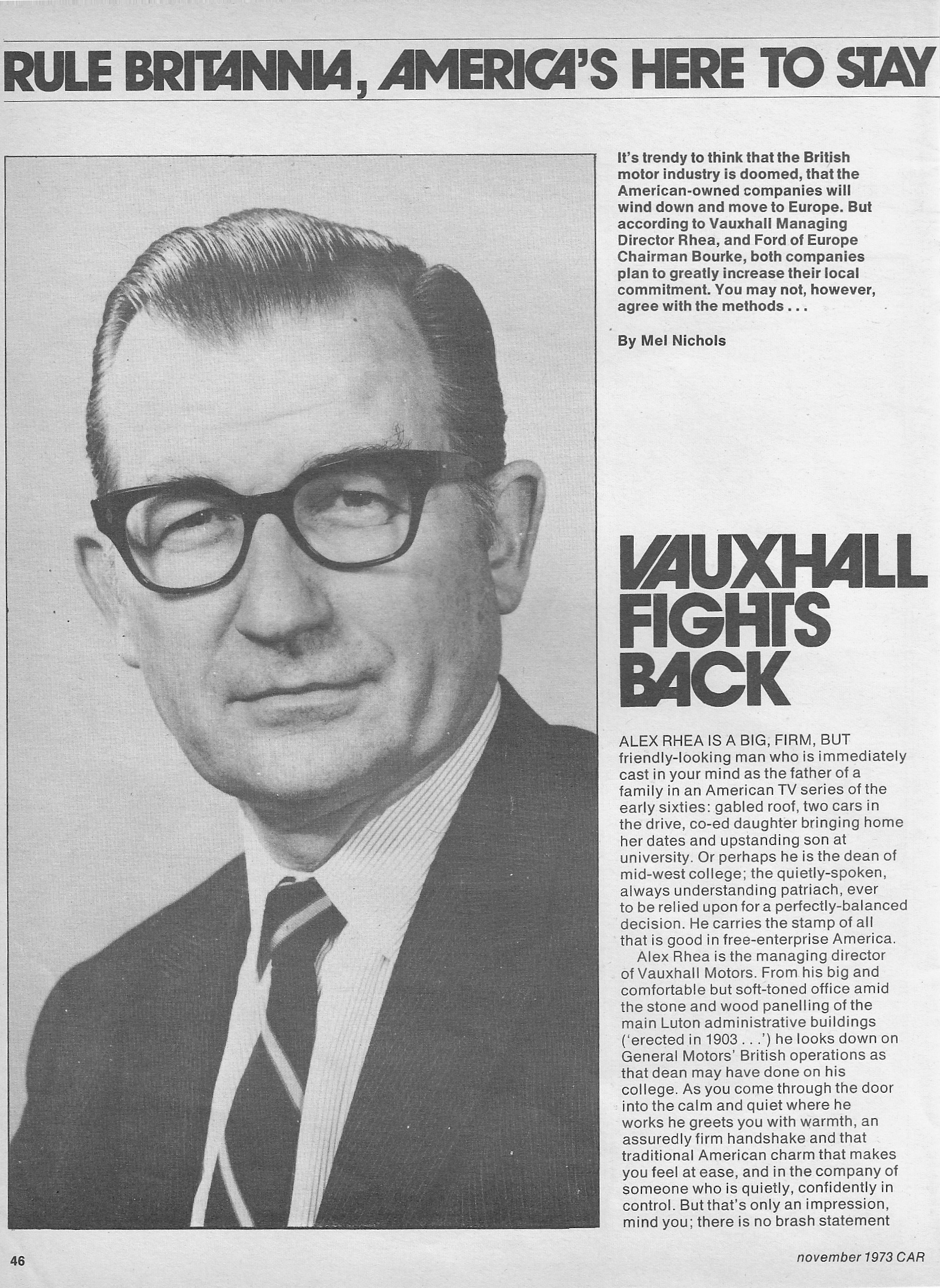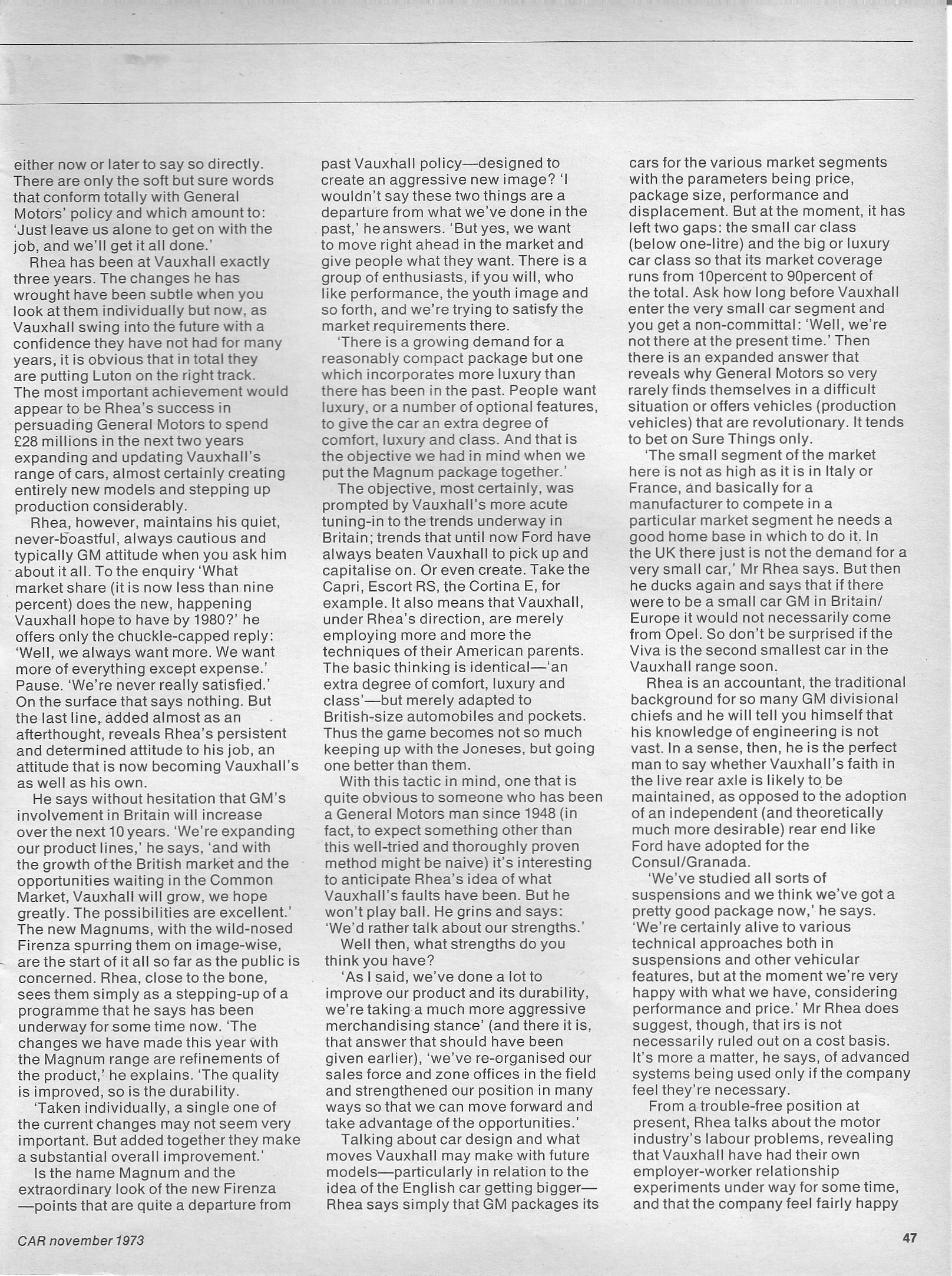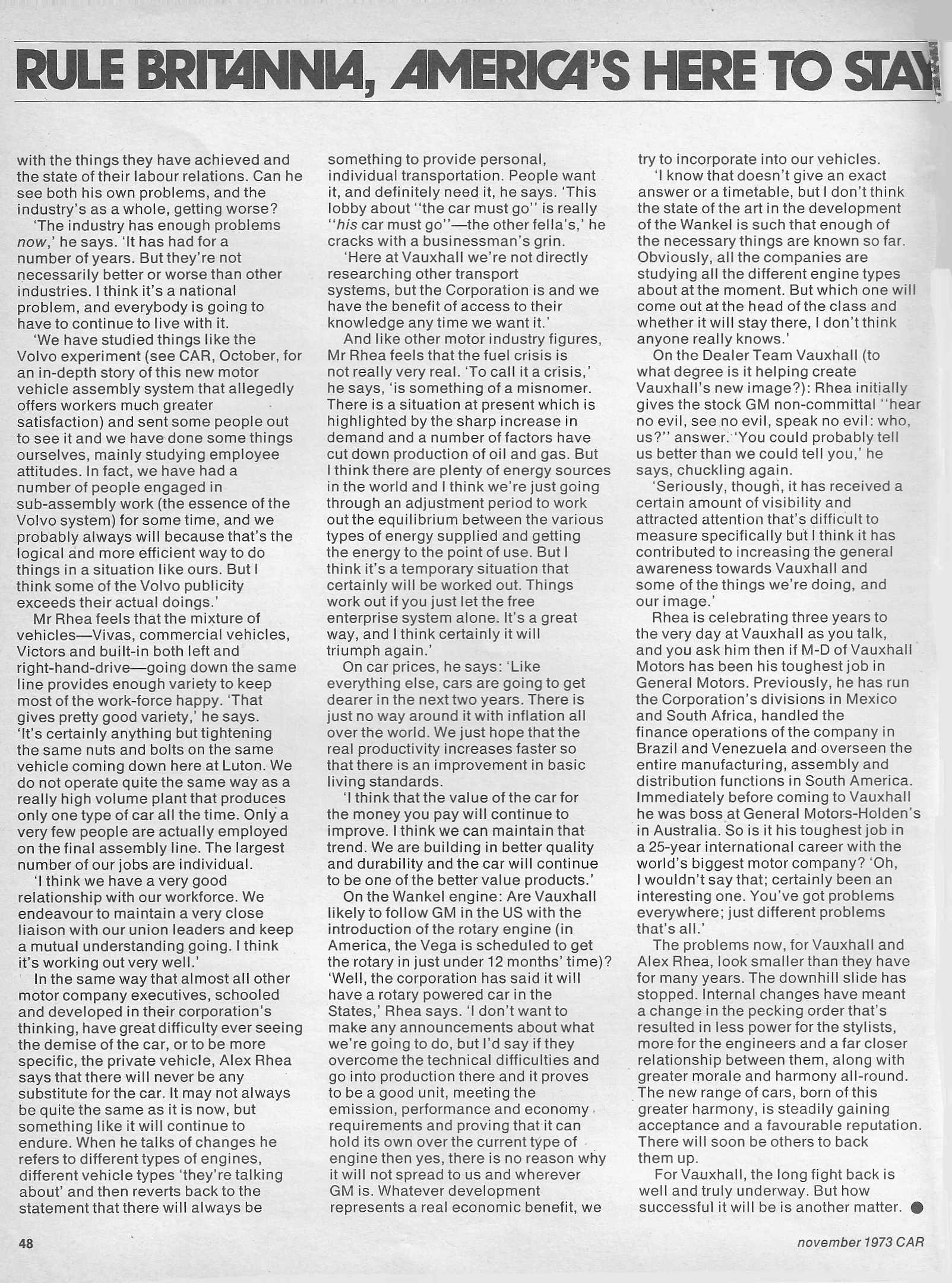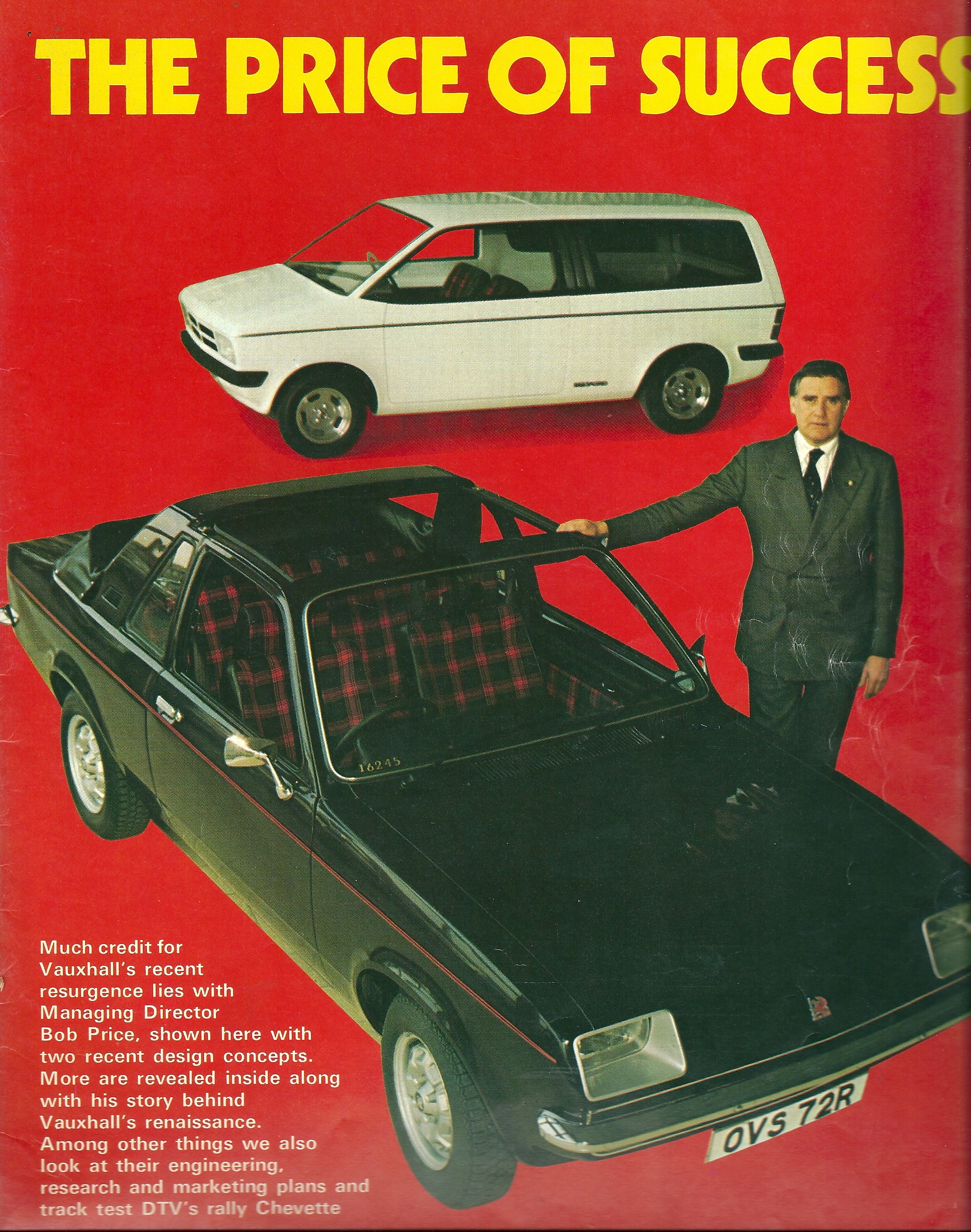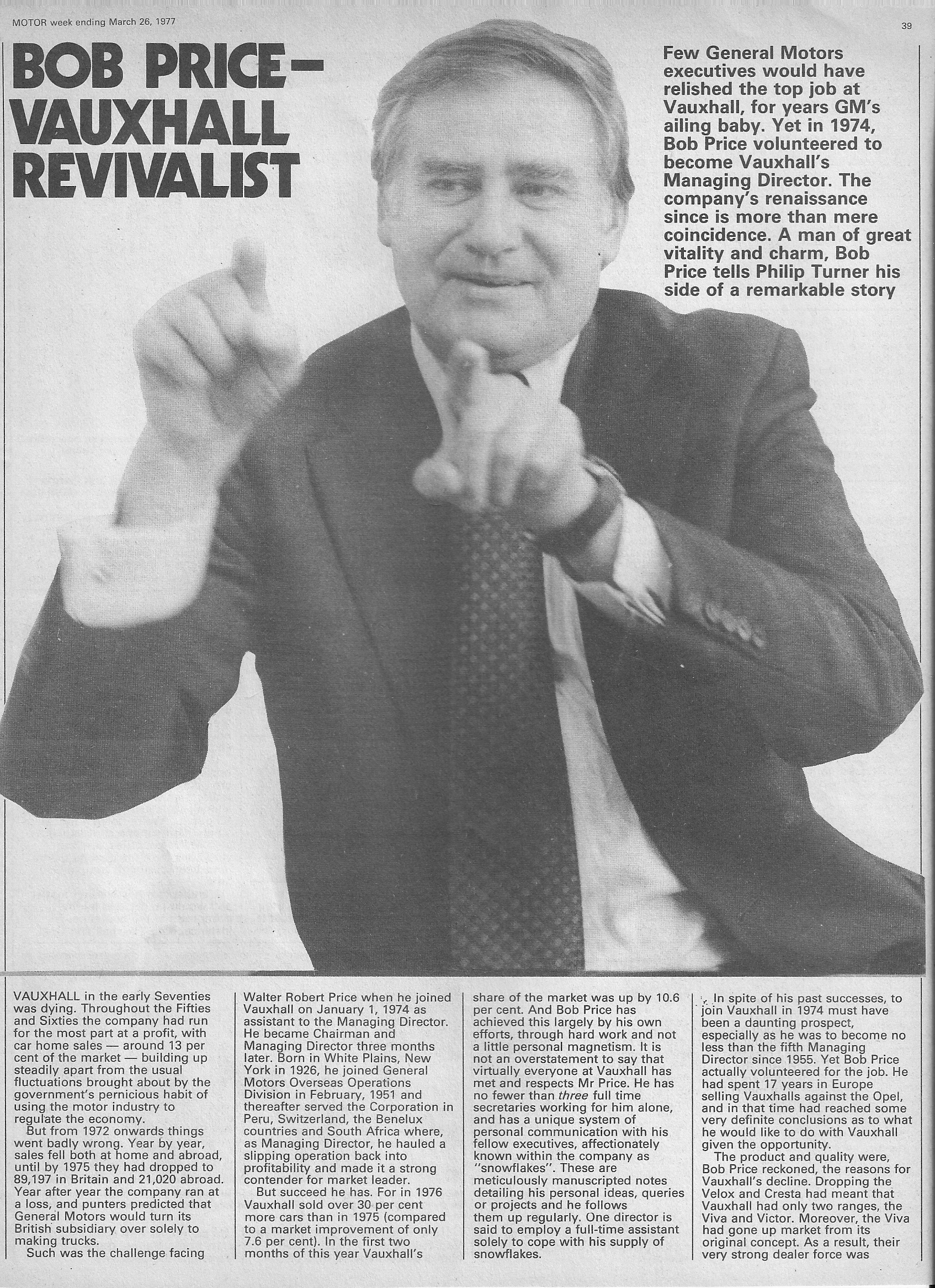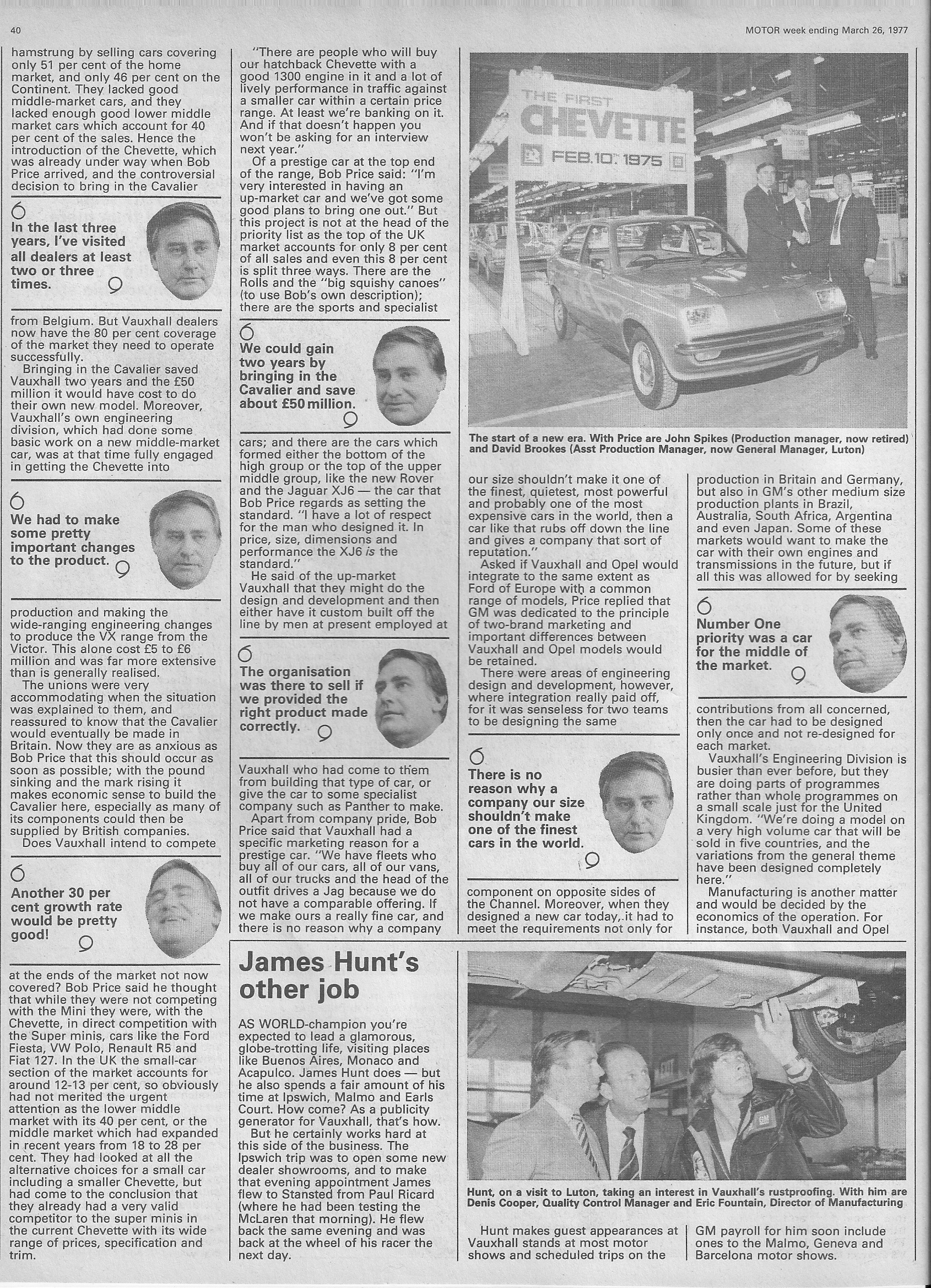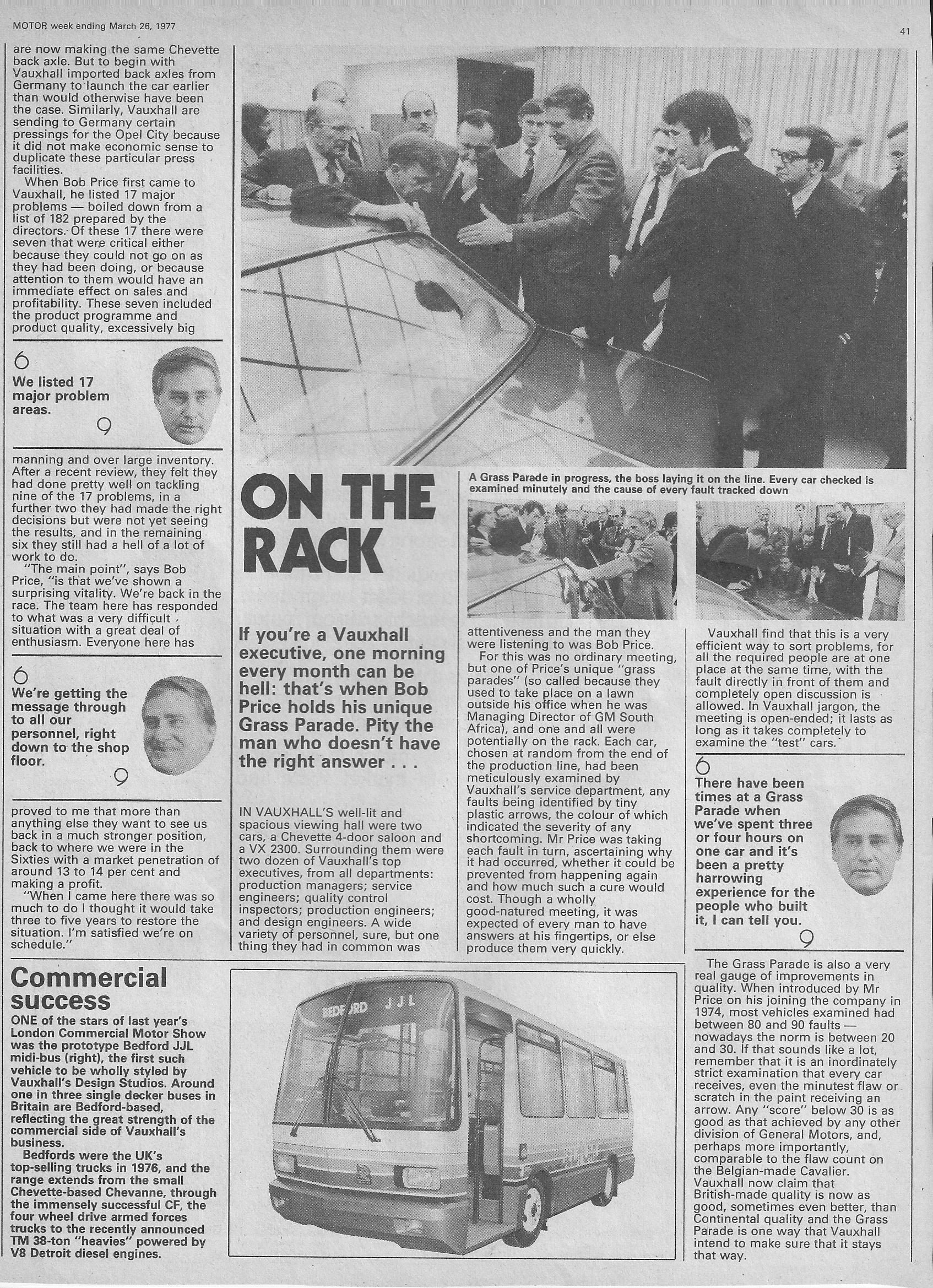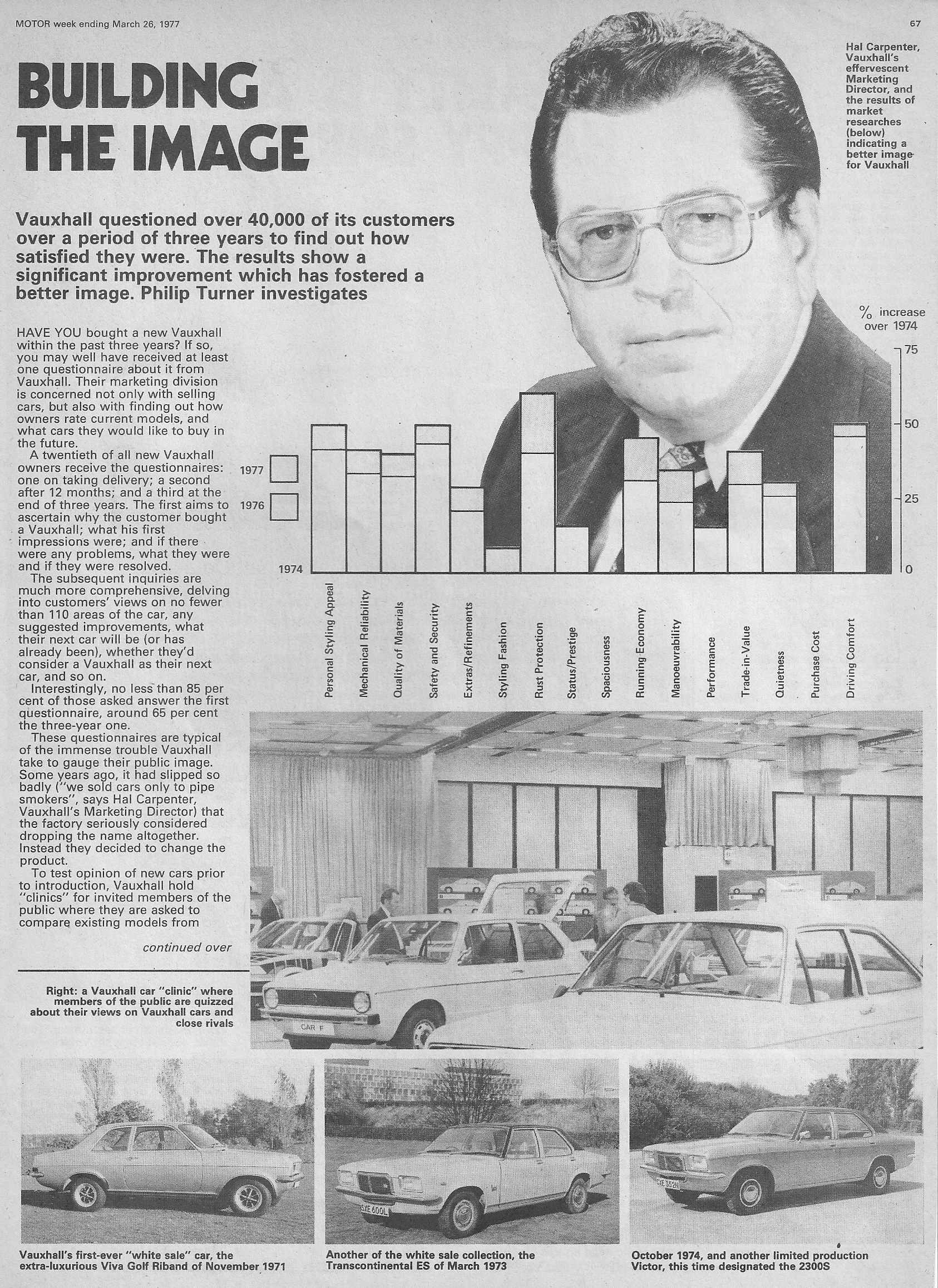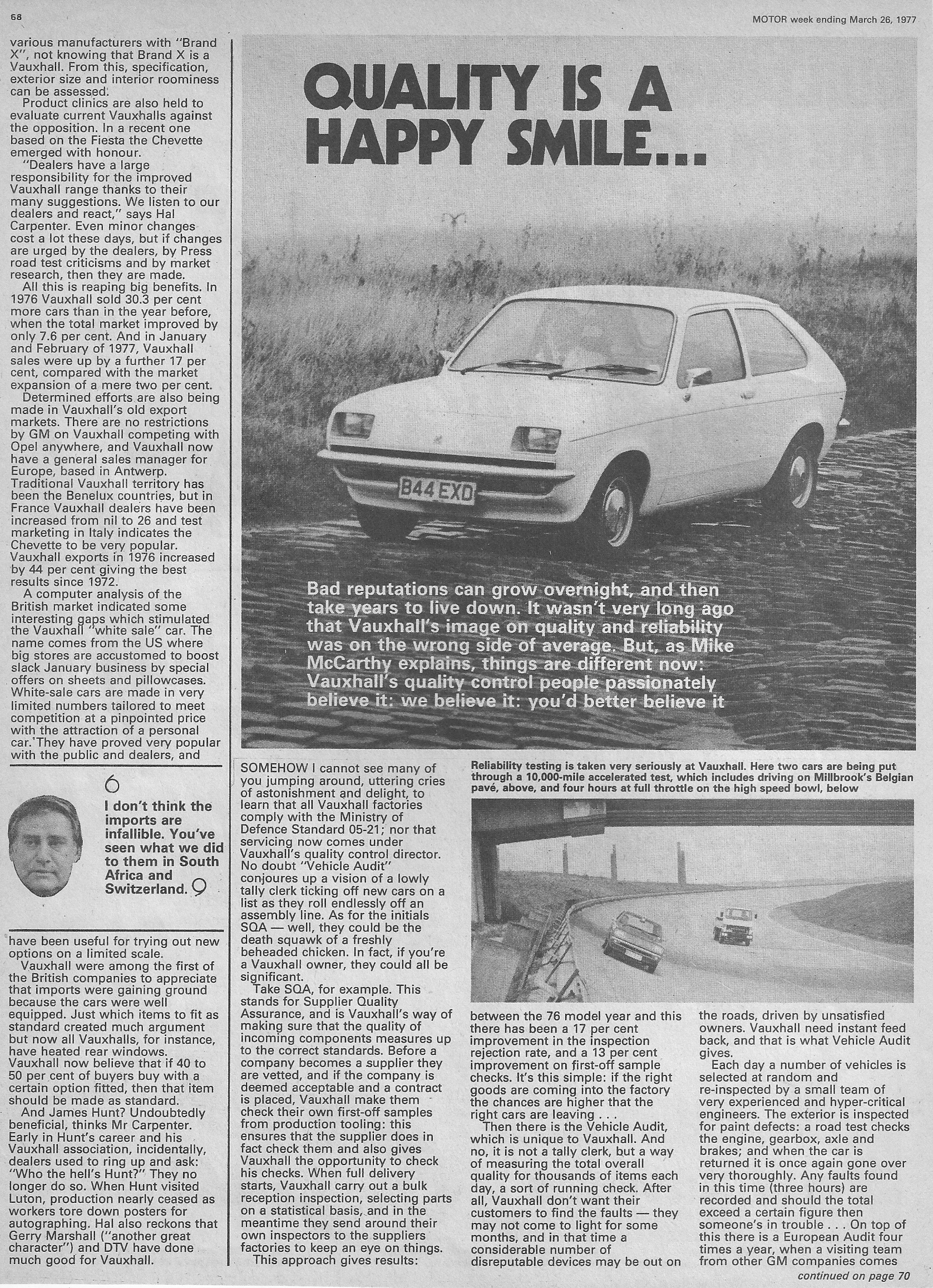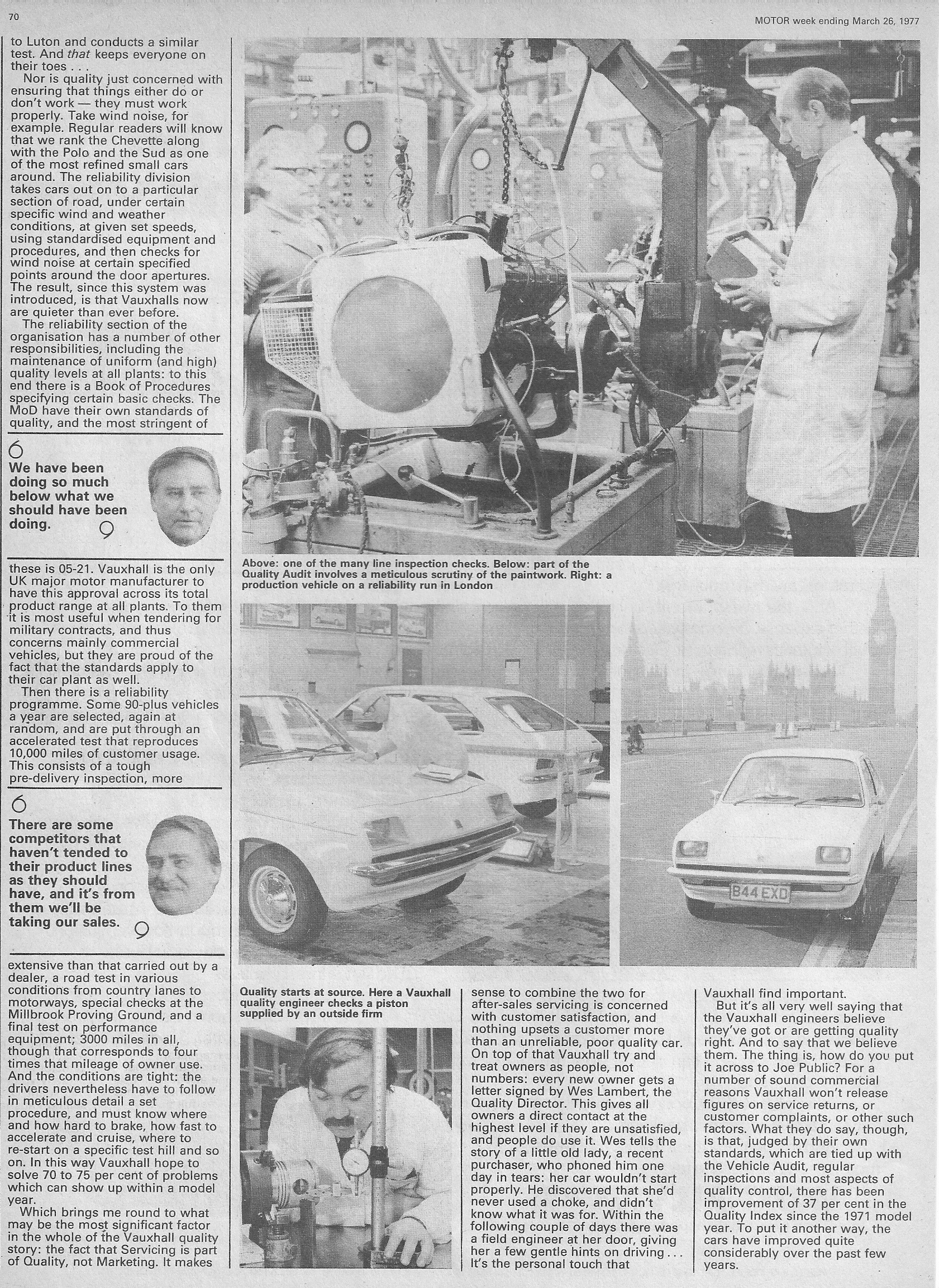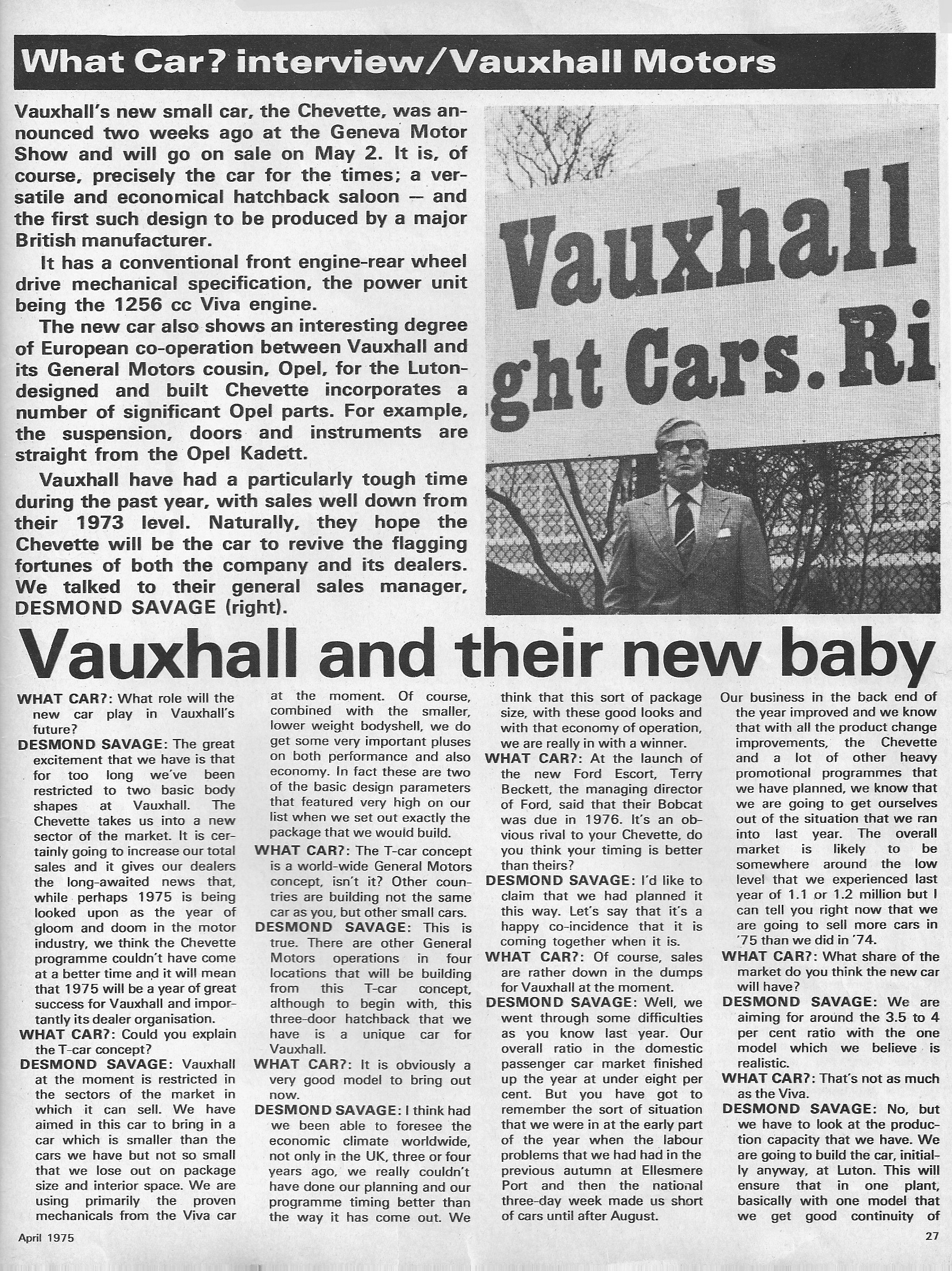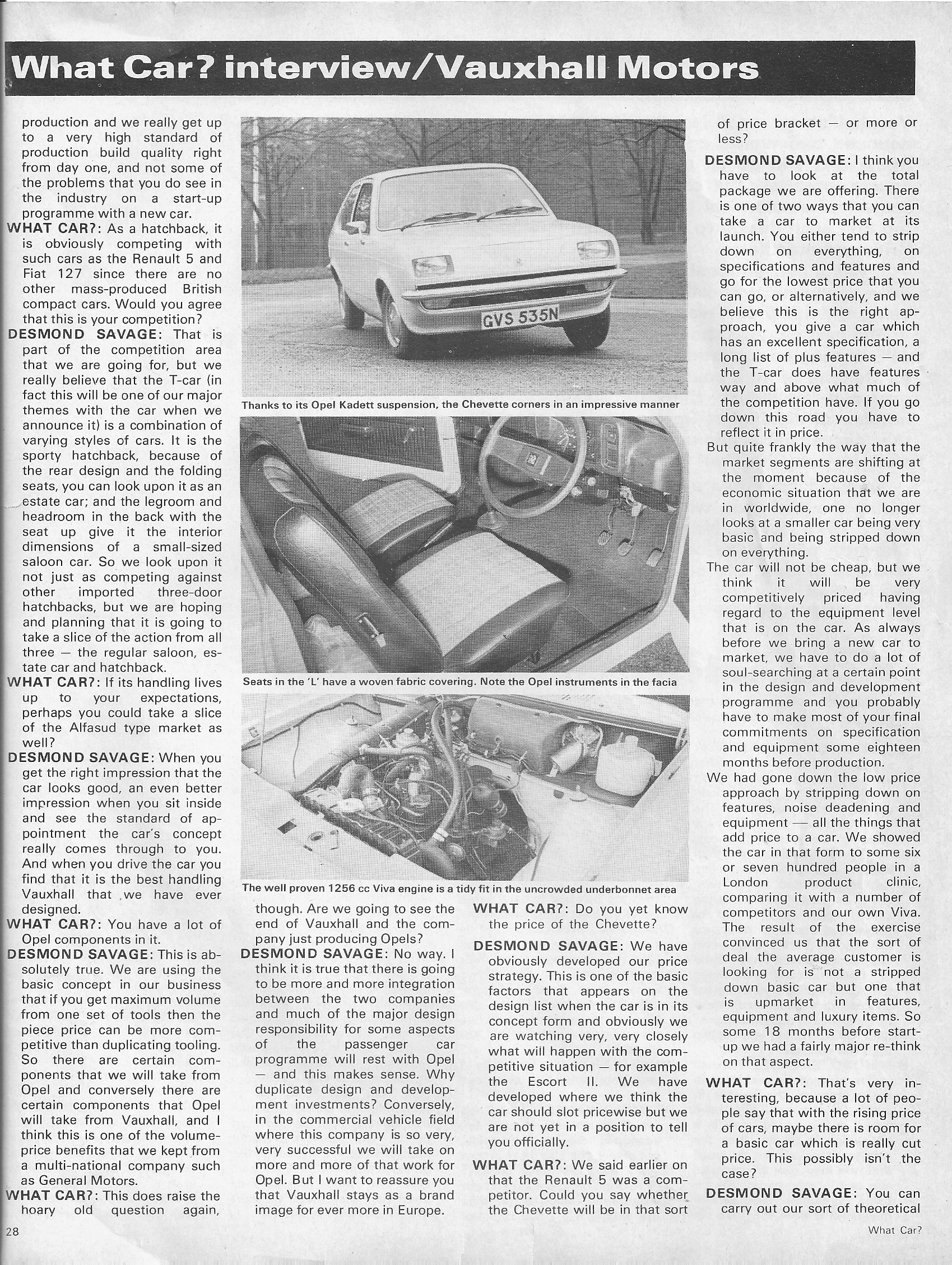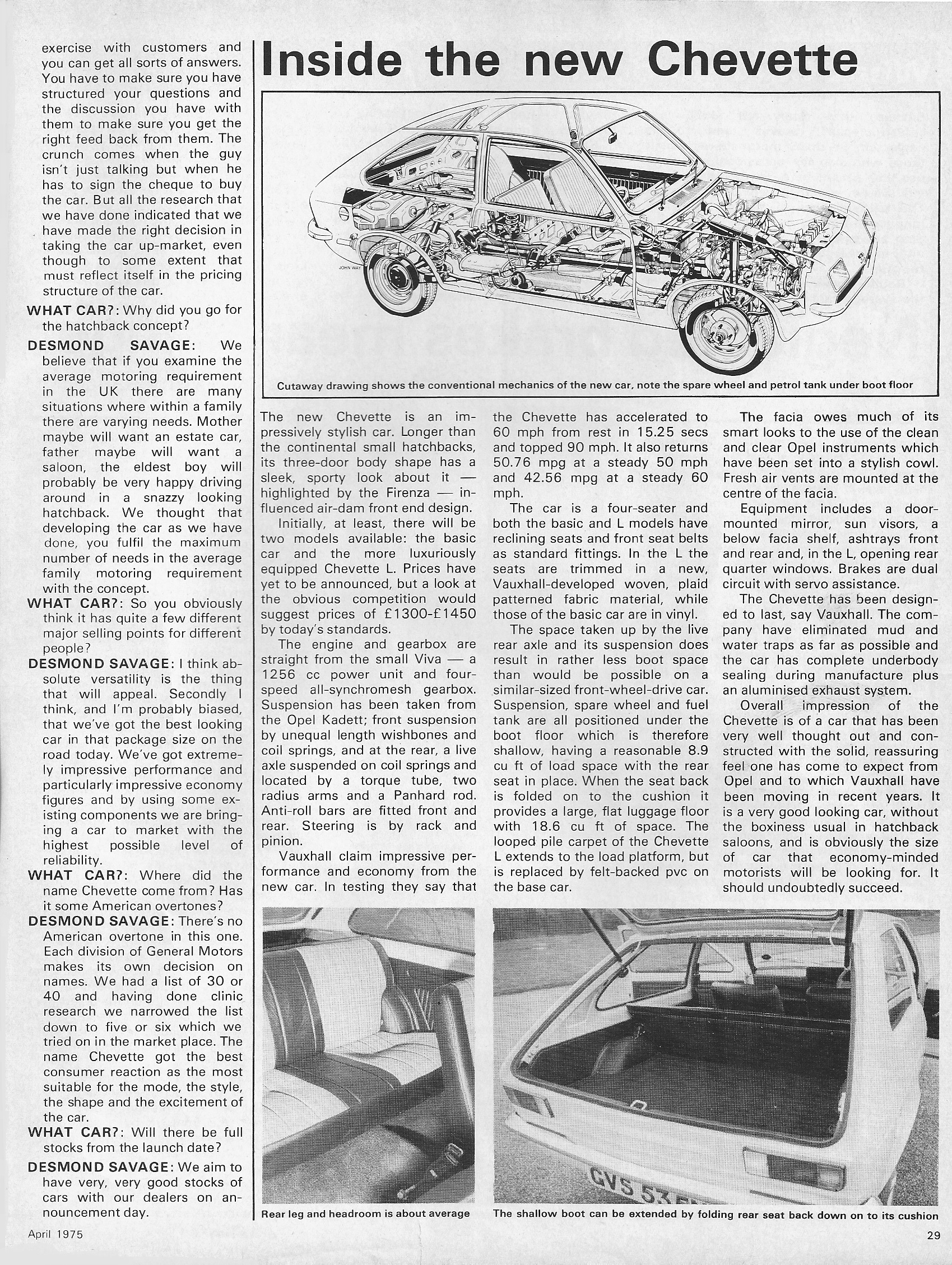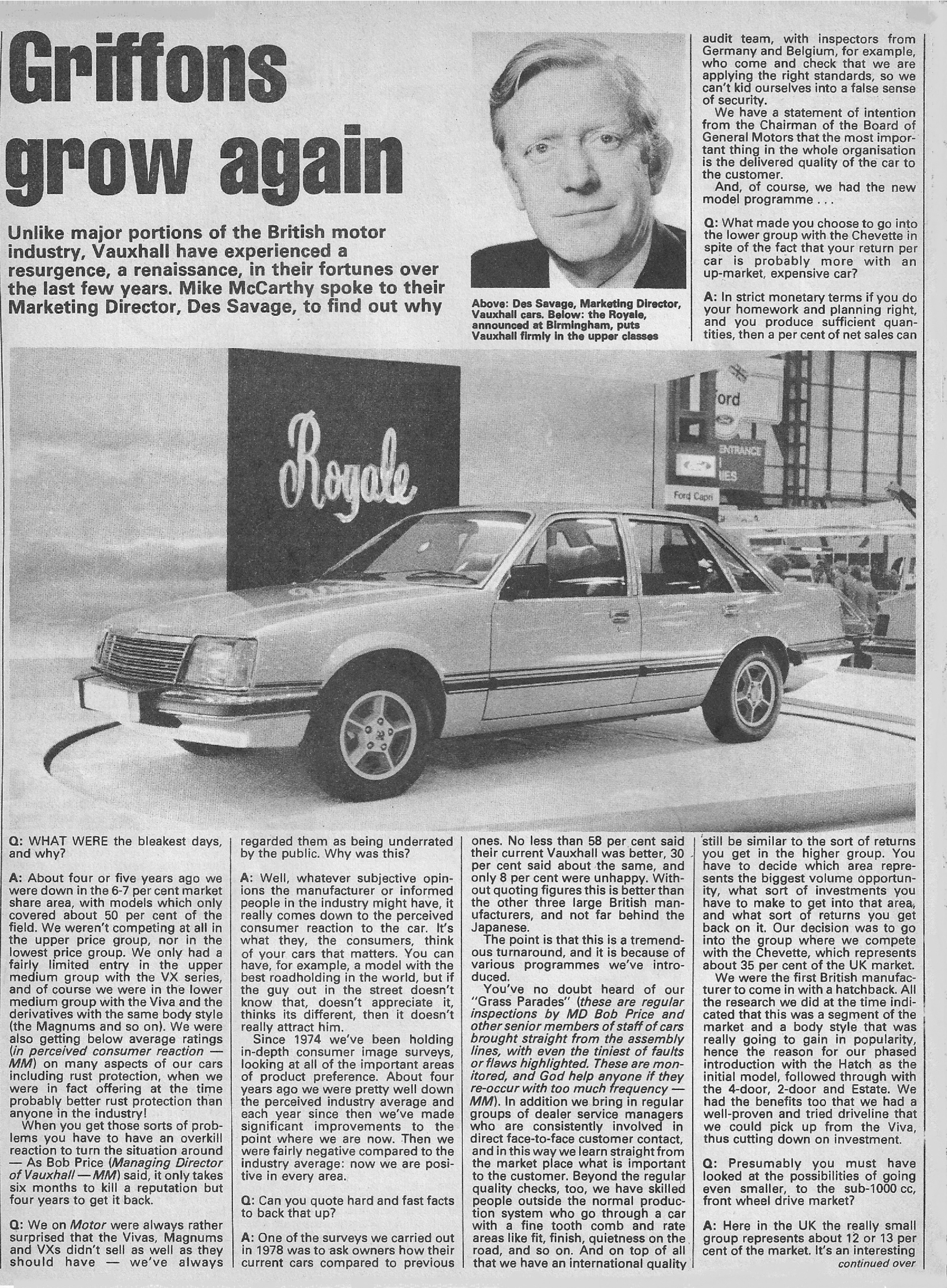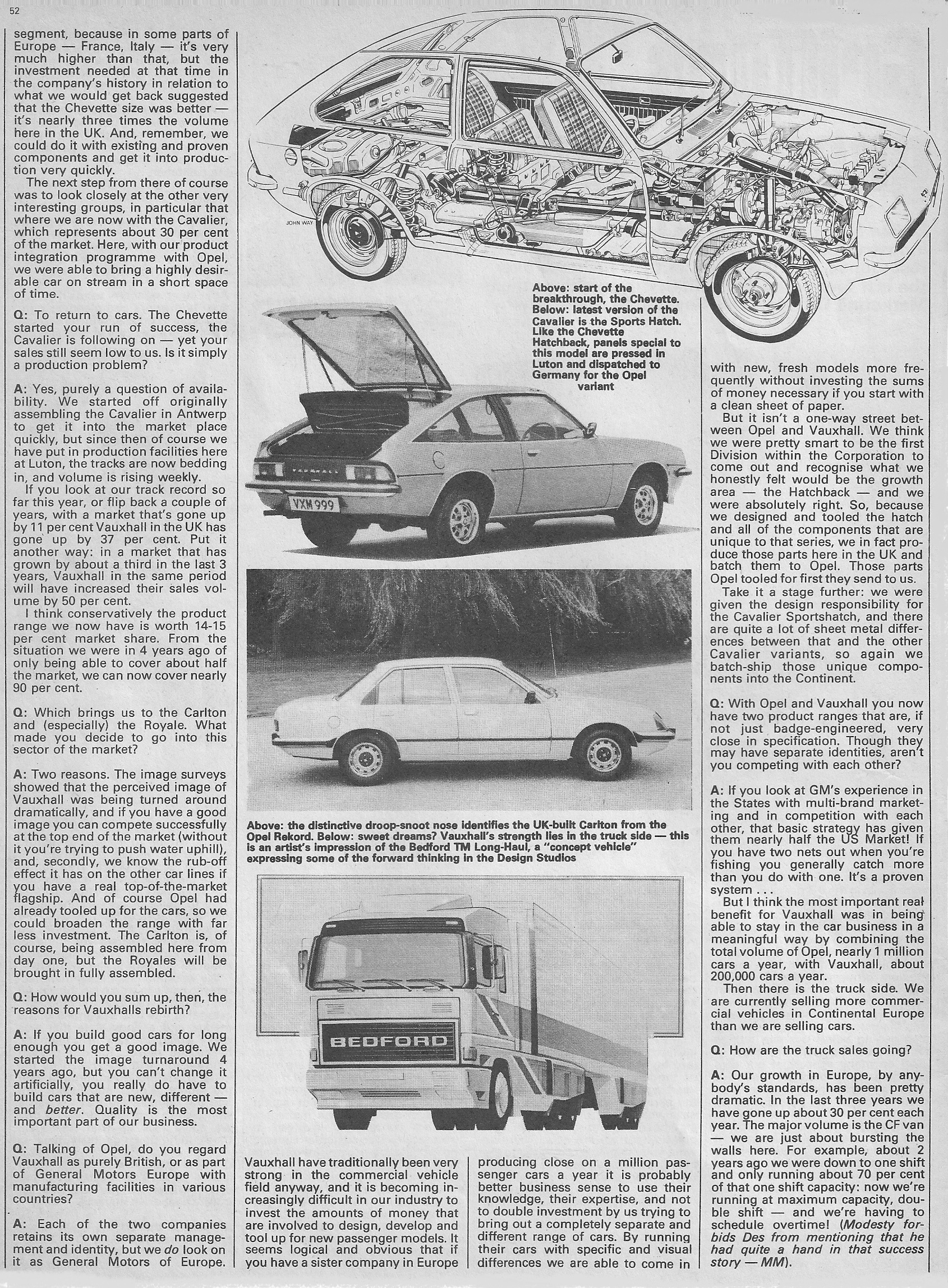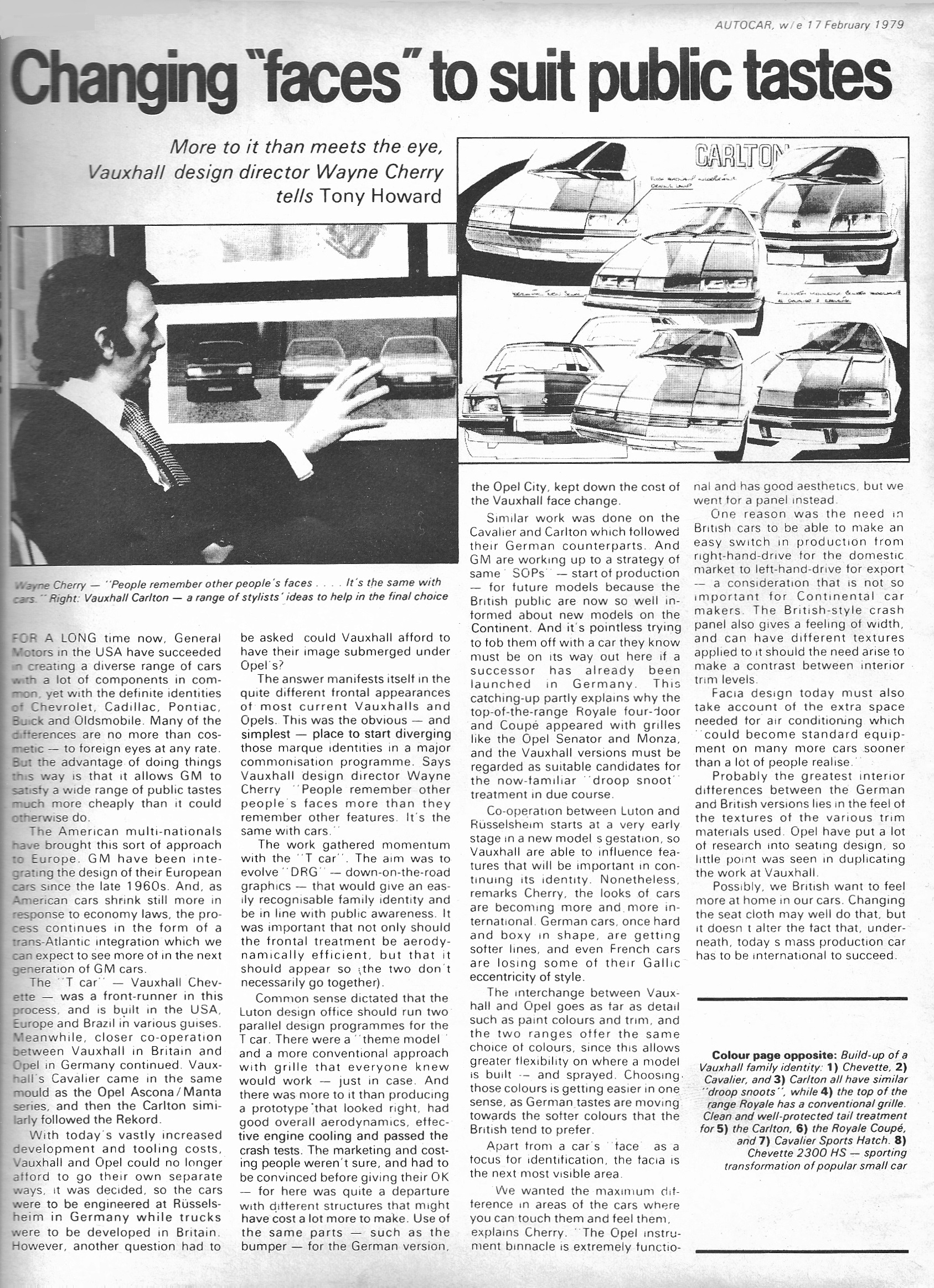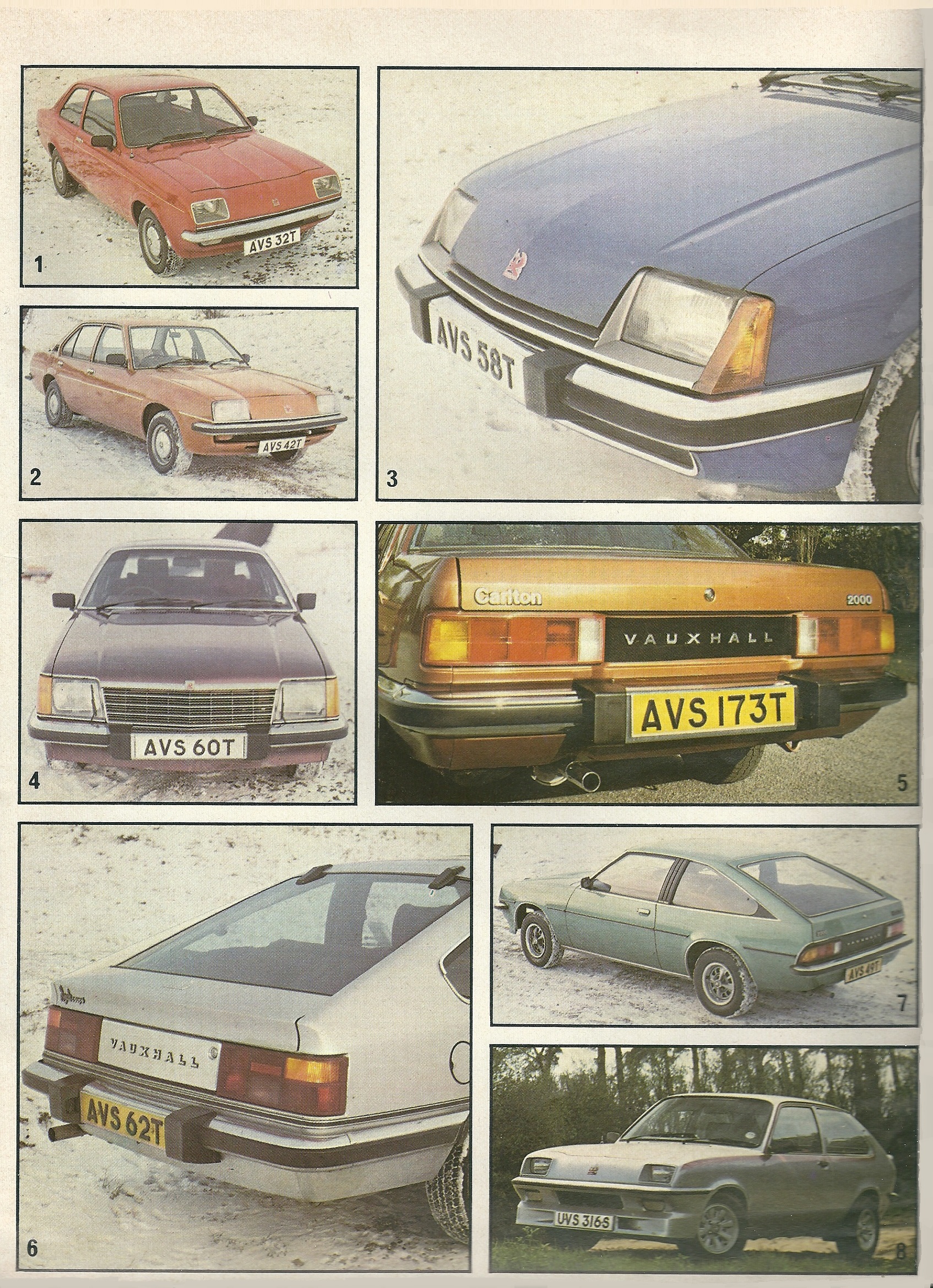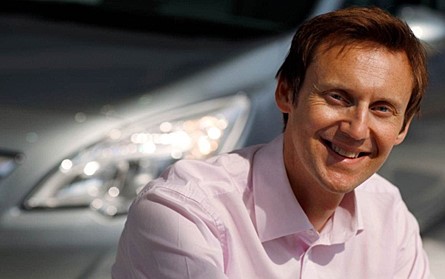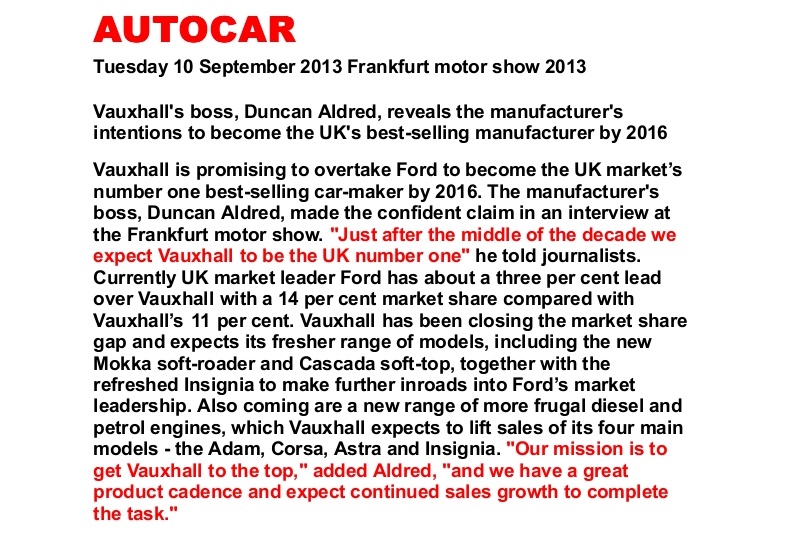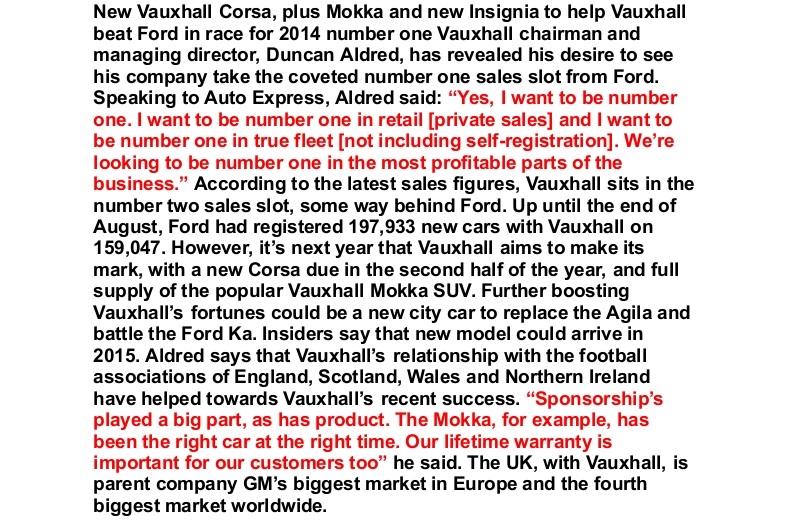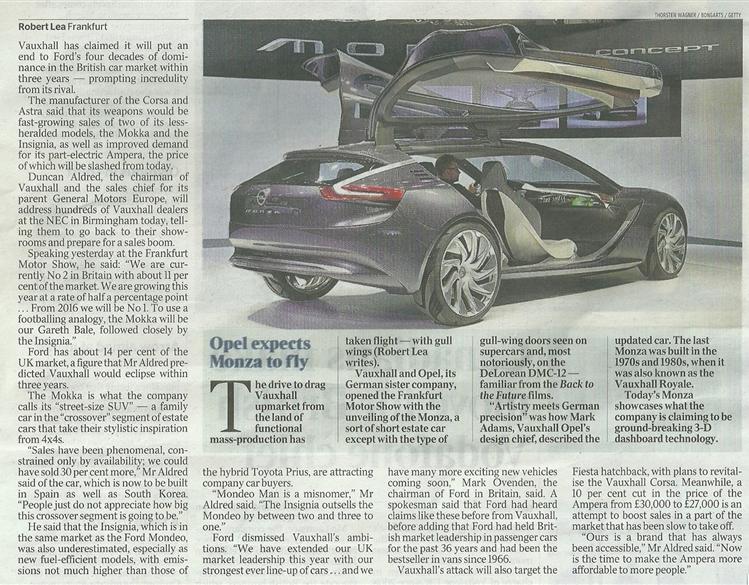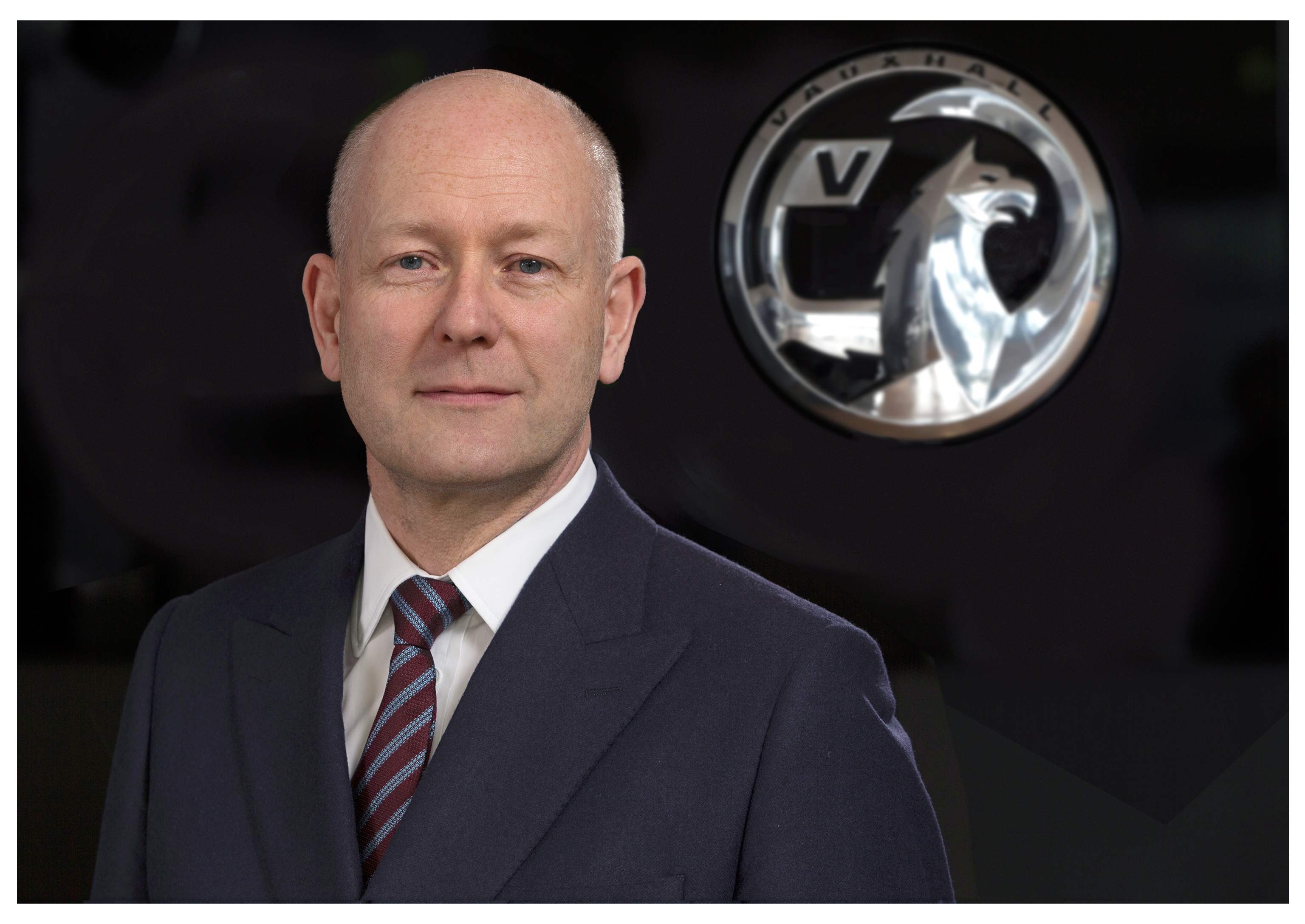General Motors' European operations have hit a setback with the
realisation that it will not hit breakeven this year after all.
Next year's market environment is looking tough, too. However,
Vauxhall MD Duncan Aldred tells just-auto that a wave of new
product will help to transform the brand in Britain over the next
few years.
Duncan Aldred has been with General Motors for over twenty years.
Now 41, Aldred began his GM career at the automaker's Ellesmere
Port assembly plant before taking up a full time position in sales
and marketing, distribution and then as a regional sales manager.
He eventually became sales director for Vauxhall in the UK before
moving to GM Europe in Budapest covering eastern European markets
and then on to Germany. He moved back to the UK as Managing
Director of Vauxhall in early 2010. General Motors in Europe is
mainly about Vauxhall/Opel, albeit with value brand Chevrolet
playing an increasingly important part. Vauxhall is perhaps
something of a curiosity in that it is a brand solely for the UK,
GM's biggest European market (yes, more Vauxhalls are sold in
Britain than Opel cars in Germany). Removing the brand anomaly and
consolidating to Opel has been aired before, but the considerable
costs of axing what is a well-known brand in Britain to establish
Opel from scratch have always ruled it out. That and the fact that
Vauxhall's UK dealers would have kittens. Vauxhall managing
director Duncan Aldred oversees what is both a sales and
manufacturing operation. Vauxhall has two vehicle manufacturing
plants in Britain – Ellesmere Port (makes the Astra) and Luton
(produces the Vivaro light commercial vehicle). These are hard
times for General Motors in Europe. Vauxhall/Opel very nearly left
the fold in 2009 when GM in the US hit the buffers and put it up
for sale. As the political debate over future cost restructuring
raged, GM eventually decided that as a global player it had to hang
on to it. Restructuring Vauxhall/Opel's manufacturing operations to
lower cost has been a recurring political hot potato. Recent
management changes reinforce a feeling that Detroit is not happy
with the pace of progress in Europe. While GM in the US makes
money, Europe is continuing to make a loss. Aldred is quick to
acknowledge the difficulties facing GM in Europe. “The speed of the
economic decline has taken us by surprise, rightly or wrongly” he
says. “It is disappointing that we will not be able to reduce costs
quickly enough to restore that breakeven position.” The European
debt crisis and depressed forecasts for the European vehicle market
aren't exactly helping. “We actually see the European market for
next year about 300,000 units lower than this year – at about 19.4m
units. And it could be up to 700,000 units worse than that. We
could see a million units gone across the European industry” he
says. But he does see an opportunity ahead if GM can get its costs
down in Europe, as it has successfully managed to in North America.
“In the current environment you have clearly got to take action and
that's what has led to the stories about everything being on the
table and that we must lower our breakeven point. I see this as an
opportunity. The great success that GM has had in the US is because
GM has got its breakeven point down to a very low level. It has
enabled GM to make good money.” What about the position for
Vauxhall in the UK market? Aldred maintains Vauxhall has been doing
well despite adverse market conditions. “The market has been very
difficult; the retail market has been down about 70,000
year-on-year. That makes it tough. The fleet and commercial vehicle
markets have been flat to growing, so there has been some growth,
but the most lucrative parts of the market have been down – and
that goes for aftersales also, with people deferring their annual
service or tyre changes and so on. On top of that there has been a
reduction in residual values for the industry which has hurt
dealers in particular, but also hits manufacturers when it comes to
supporting lease. It's been tough. But our market share has stayed
constant and we have improved our sales mix away from low-profit
rental to more profitable areas.” On the manufacturing front, the
weak pound versus the euro has played havoc with Vauxhall's
financial assumptions (most UK production is exported to the
Eurozone), though that's swings and roundabouts when Europe as a
whole is considered. “The euro-pound relationship continues to
cause us a big hit. But from a manufacturing perspective we'll do
about 200,000 vehicles this year – 60,000 vans and 140,000 Astras
[Astras made at Ellesmere Port]. Seventy percent plus are exported,
underlining our importance to the British economy. And we've had
the announcement that Luton will build the next generation Vivaro
which is great news.” While the decision on whether the next
generation Ampera (or indeed the one after that) will be built in
Europe (Ellesmere Port a strong candidate, if a European production
base is eventually opted for) has yet to be made, the Vauxhall
manufacturing footprint in Britain looks pretty secure now. Aldred
is clearly relishing ambitious plans to reshape the Vauxhall brand
on the back of a new product blitz. He sees the Vauxhall brand – a
long-established marque with a rather staid, if solid, image –
being transformed over the next few years. “We want people to feel
excited and proud to own a Vauxhall, to take the brand to new
customers,” he maintains. How's that going to happen? Aldred
focuses on three pillars for what amounts to a brand
'transformation'. Pillar one is Vauxhall's sponsorship of the
British football 'home nations' (that is, each of the national
teams from the four United Kingdom constituent countries). “It is
something that perhaps people wouldn't have expected Vauxhall to
do. We see that sponsorship as a way of resonating with people,
getting into their hearts and minds” he maintains. “And I am
pleased that at least one of the home nations [England] has
qualified for the 2012 European Championships” he adds. “And
England haven't lost a game since we started this sponsorship deal,
so hopefully that will continue through the Euros next summer”. The
deal runs through to the end of the next World Cup Finals in Brazil
in 2014, so there's a chance that more of the home nations will
qualify for that tournament and that the Vauxhall associations with
the British national football teams will run even deeper by then.
And the Vauxhall brand is, after all, a badge exercise defined by
its British sales territory in a way that no other car brands are.
On that basis alone, the sponsorship arrangement with the home
nations seems to make intuitive good sense. The second pillar
Aldred identifies is Vauxhall's 'lifetime warranty' (for the first
owner, there's unlimited warranty duration to a maximum of
100,000 miles). “This is another key pillar for us, something we
really believe in, unique in the industry. It's just over a year
old and will reinforce the quality message and give peace of mind
in very uncertain times. It also helps build loyalty and bring
people into aftersales.” The third key pillar for Vauxhall's brand
transformation is new product, led by the Ampera. “The Ampera sits
there as a beacon for all the key products that we are going to be
bringing out in the next few years” he says. “The Ampera is the
kind of product introduction which basically transforms a brand and
can make people reappraise. The Ampera is revolutionary and will do
things that other cars can't and in doing so will transform
people's opinion of us.” Aldred also highlights 8 brand new car
introductions over the next 14 months, including the Ampera, to
embolden the brand. The list of 8 sees Vauxhall stretching
into a number of new market niches:
1. Astra GTC (launching now)
2. Zafira Tourer (Q1 2012)
3. Combo (light commercial based on a restyled Fiat Doblo passenger
van to be brought in from Tofas Q1 2012, replaces the Corsa-based
van made in Portugal and then, later, Spain.
4. Ampera (March/April 2012)
5. 'Small SUV' (Chevrolet Traxx showed at NY Show in '07 offers
some clues to this one)
6. 'Large cabriolet' described as 'premium' and
'Insignia-sized'
7. Junior product' (small car with strong design focus and expected
to be pitched upmarket as a rival for the Mini/Fiat 500/Citroen
DS3. Will be made at Eisenach.)
8. There will also be a facelift for the Astra next year (Q4 - has
it really been around that long already, guess it has...). And
there's the high-performance Astra VXR based on the GTC coming out
in the spring.
Aldred says that the wave of upcoming new product is the
culmination of an 11bn euro investment plan for Europe announced a
few years ago. And he underlines the significance of the new models
for the Vauxhall brand. “2012 will be a transformational year for
Vauxhall. The most exciting time in our 108-year history” he
proclaims. “Look, I'm optimistic but realistic” he adds. “Yes, it's
tough out there, but I'd rather be in our shoes than that of our
competitors because of what I know we have got to deliver over that
14-month period that is coming up. This is nothing short of a
once-in-a-lifetime opportunity for genuine step-up transformation
to take the Vauxhall brand to a new level.” Other points
and snippets:
The Opel brand in Germany? “Opel is beginning to improve in
Germany. There has been a malaise for the brand there, but it has
improved its share in Germany a little bit. There's great sentiment
for the brand in Germany, perhaps waiting to be unlocked.”
Vauxhall's British-ness? “For Vauxhall, we can play on the
British-ness a bit more, the heritage, and the home nations'
sponsorship is a key part of that.” UK car market prospects. We see
the UK market flat or slightly down in 2012, but things are moving
quite quickly [with economic forecasts being revised down]. As with
the modest decline we have for Europe that could be worse, the UK
car market could turn into something like a 5-10% reduction
depending on how serious the economic downturn becomes.” Fleet lift
for UK car market? “When the economic crisis hit in '08 and '09, a
lot of people extended leases for a year or two. Even rental
companies who would normally turn their cars over six months were
keeping them for 12/18 months. What's driving the fleet market is
operators saying 'enough is enough', the warranty has expired or
the mileage is getting too high. And there has been some economic
growth this year as well. What we see in the industry is that
commercial vehicles are the first to react to a downturn, then
fleet then private retail, and it's broadly the same order when the
cycle turns positive and we have seen commercial vehicle and car
fleet sales moving up. Retail, on the other hand, is yet to move
up.” On leading the UK's commercial vehicle market retail sector
“For the first-time ever we're going to be number one (ahead of
Ford) in retail commercial vehicle market (market share 16%).
That's phenomenal; a headline achievement. Ford will probably pip
us in the car fleet market. We've tried to pull away from lower
profit business there this year. We want better residual values for
our cars, which means not oversupplying the rental companies –
that's a key part of the strategy for the brand. We made a
step-change decision to supply a lot less to the lower profit
elements of the business. Through the second half of next year we
expect that the residual values [for Vauxhalls] will start to pick
up markedly.” Future generation Ampera to be made at Ellesmere
Port? “We're so far away from making that decision. The discussion
probably won't happen until 2015. There is significant capacity
available in the US. The idea behind making it in Europe is: is
there a capacity reason to do it and also is there an economic
reason to do that? Given near-term industry outlooks across the
world, there is plenty of upside at the factory in the US if we're
honest.” On the Volt and Ampera selling alongside each other “In
the mainstream markets those brand shares are very different. Any
confusion will be minimal. In Western Europe, Chevrolet will have
only a handful of distribution points. The products are
differentiated a little bit through specification and quite a lot
through styling. It's not ideal, but I think you'll see even more
differentiation for the next generation." A pure electric “Junior”
product'? “That's on hold at the moment and being re-evaluated.”
The RAK e concept (shown at Frankfurt) for production? “We have a
serious study looking at that – can we make it work, how would we
bring it to the market and so on...I'd love to see it come to the
market.” UK volumes for the Ampera? “Around 5,000 a year (Volts
will be just a handful).The low volume target for Ampera is
representative of the newness of the technology, the high price
tag. The next generation will be cheaper and the price should come
down pretty quickly.” The fleet/retail split for Ampera? “Ampera
stands out for fleets because pure electric vehicles are so
limiting. There are a number of blue-chip fleet customers who are
very interested, they have their CO2 targets to meet and they want
a vehicle that works. (There is already a pan-European deal with
Europcar, police forces are mentioned). We expect on the retail
side to get premium brand customers coming in – people who have
perhaps not considered a Vauxhall before. We are working on a 60/40
fleet-retail split, but it could easily be 50/50 – we'll see.
Availability on Ampera will be restricted, certainly next
year.”

